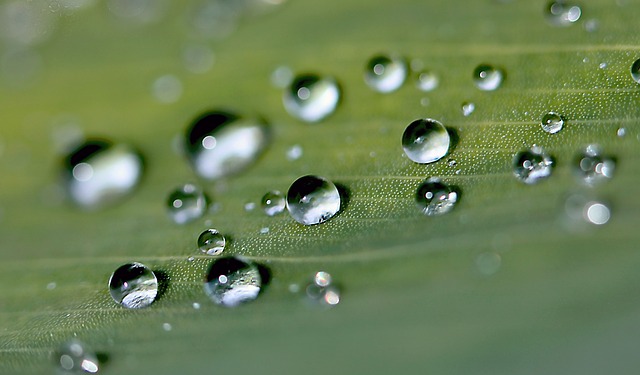Natural fertilizer is that product resulting from the fermentation and/or decomposition of non-animal waste organic material. This is generally used to fertilize plants.
Natural fertilizer can be an option or a necessary component for the growth of our plants, everything will depend on the type of plant we want and how careful we are with them. Some need the most natural fertilizer possible since they are difficult to carry out in non-ideal conditions, and any element can be decisive. On other occasions we are the ones who want the best for our plants. Whatever the reason, the truth is that preparing natural compost is an easy task, but it requires patience and dedication.
This fertilizer is mixed with the substrate in which we are going to grow or is added to it if we have already planted. The use of natural fertilizer allows plants to grow healthy and strong; it is an excellent fertilizer and, best of all, it is free, since it is prepared with organic household waste.
Natural fertilizer, prepared at home, is always more advisable, since it lacks the toxins and residual material that we find in commercialized fertilizer.
Although natural fertilizer offers certain advantages, the truth is that it does not serve to prevent diseases that attack our plants. Therefore, it is advisable to combine the use of this natural fertilizer with natural pesticides, specific for each disease.
What do you need to prepare natural fertilizer?
- Organic waste (food -egg shells and nuts, such as peanuts, almonds, pistachios… skins and remains of fruit and vegetables, such as potato skins, oranges, tangerines, peaches, soft apple or pear hearts, melon seeds and watermelon, used coffee…- and plants -dry leaves and flowers, pruning remains-).
- Land.
- Manure.
- Water.
- Plastic Packaging.
- Rake or some other instrument to remove the natural fertilizer.
- Earth covers (sheet metal, plastic, mesh…).
Instructions for preparing natural compost
- Separate organic wastefrom food. These are fruit and vegetable skins. Also overripe foods and the peels of that.
- Select organic waste from your plants. These are flowers, dry or deciduous leaves and all that leftover matter.
- Make a holein the garden soil, where to place the waste so that it decomposes.
- Placethe remains that you have been accumulating. First of all, the pruning waste (flowers, leaves, soft twigs…). Then we will add the “kitchen” waste.
- Coverthe hole with soil.
- Cover the well so that it does not puddle. You can use metal mesh or sheet metal.
- The next step is to periodically aerate the pit. Depending on the amount of waste that we are decomposing. One or two days a week we will rake those remains that will already be turning into natural fertilizer.
- Maintain the correct level of humidity. If the compost is dry, it will not break down properly. On the contrary, if there is too much humidity, the compost will smell bad. Therefore, water the compost or cover it as appropriate
- We’ll make sure the remains are decomposing properly. After a few weeks it should look like a damp sponge.
- The smell of natural fertilizer should be earthy. If this smell does not exist, we will try to air the remains more frequently.
- When the remains are not distinguished and the mass is dark brown, we will have obtained our natural fertilizer.
- You can now use your natural fertilizerto sow seeds, plant some cuttings, etc.
Tips for preparing natural compost
- Not all waste can be composted. We should not reserve milk, yogurt or other dairy products, or oils.
- Neither animal remains nor diseased plants can be used.
- We must also eliminate those plant remains that have been treated with pesticides or herbicides.
- We can put the organic remains directly into the hole in the ground or introduce a container or drawer into the ground and put the remains inside.
- If there’s a chance, put some worms over the hole to aerate the soil.
- It depends on how much time you can and want to dedicate to the natural fertilizer; you will have to choose one or another season to start preparing it. If we do it in summer, we will have it ready in three months. On the contrary, if winter is the chosen season, you must be patient since the process will take up to five months.
- Do not leave your natural fertilizer in the air. Although we do not have to protect it from possible rain, we must cover our well to prevent the smell that the compost gives off from dispersing. This practice can lead to the appearance of diseases derived from the unhealthiness of the place.


















